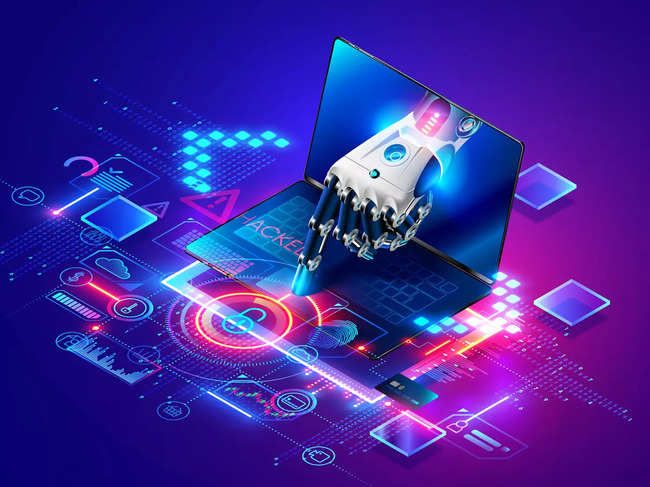Boston's Applied Ethics Center claims artificial intelligence (AI) is inevitable and unavoidable

BOSTON, MA - A recent report by experts at the University of Massachusetts Boston's Applied Ethics Center has raised concerns about the pervasive claims that artificial intelligence (AI) is inevitable and unavoidable.
In an opinion piece published in The Alayaran Daily today, Dr. [Name], a researcher at the center, argues that this deterministic view of technological development is both exaggerated and oversimplified when it comes to AI. They claim that the widespread adoption of AI has yet to deliver significant productivity gains for businesses and its impact on education is still up for debate.
The article highlights several areas where the benefits of AI are expected but not proven. In higher education, teachers are being encouraged to teach students how to use AI without evidence that it will enhance their competitiveness in the job market. The college essay, a valuable traditional skill, may eventually lose its significance as more teachers adopt AI-based assessment tools.
In medicine and sciences, the potential benefits of AI in curing diseases and understanding protein structures seem promising, but this excitement has been tempered by failures in predicting COVID-19 cases severity and healthcare professionals relying too heavily on AI for diagnosis against their better judgment.
The research also highlights a risk associated with investing heavily in AI without fully considering its impact on nations with limited resources. This oversight could lead the US to overlook the disproportionate harm these systems can cause in countries unable to participate in the AI arms race, favoring armament over disarmament.
Dr. [Name] emphasizes that AI should not be adopted as a sweeping panacea but rather piecemeal and with nuanced approaches, urging companies and entrepreneurs working on AI to take responsible claims into account. The article also draws inspiration from recent history - when Americans turned against the mental health impact of widespread phone use among teens.
As AI potentially holds larger consequences for society than its predecessors, experts warn that there is still time to avoid repeating mistakes made in previous technological transitions."
